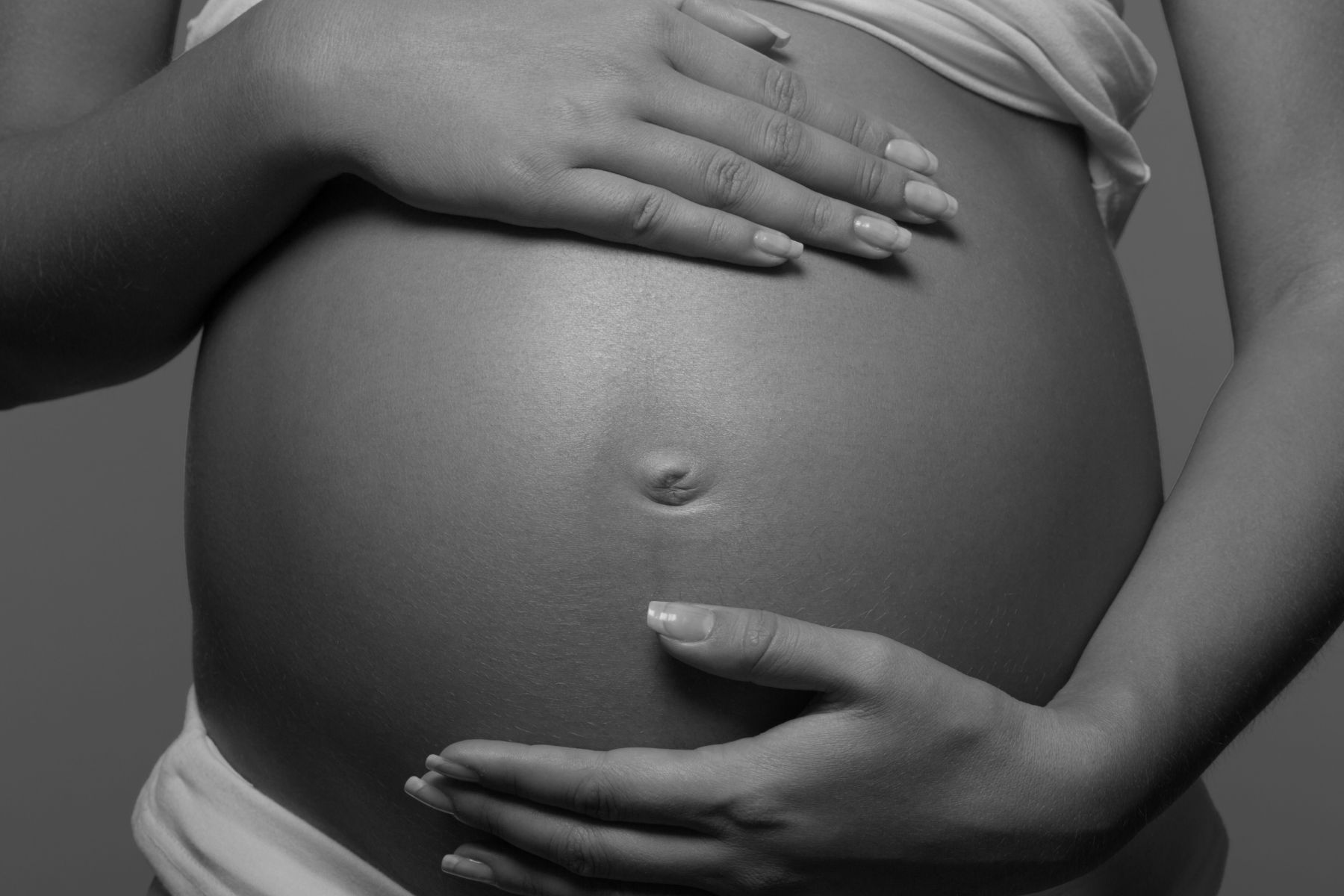
The accomplishment builds on years of focused public health work. The Maldives had already been validated by WHO in 2019 for eliminating mother-to-child transmission of HIV and syphilis. Adding hepatitis B to that list marks a major leap forward in maternal and child health.
The Maldives’ success was not accidental. It was the result of years of investment in universal health care, community outreach, and meticulous public health coordination. More than 95 percent of pregnant women in the Maldives receive antenatal care and are screened for HIV, syphilis, and hepatitis B. Expectant mothers who test positive are provided immediate treatment and counseling to prevent transmission to their babies.
Newborns in the Maldives also receive the hepatitis B vaccine within 24 hours of birth, followed by all recommended doses. This rapid and consistent vaccination coverage has been one of the strongest shields against infection. Free, universal health coverage ensures that all residents, including migrant workers and their families, have access to essential care.
Behind the scenes, the Maldives built a strong system for data collection, laboratory quality assurance, and real-time tracking of maternal and child health outcomes. Collaboration between the government, WHO, UNICEF, and other partners made it possible to maintain strict monitoring and accountability at every level of care.
Mother-to-child transmission is one of the main ways that HIV, syphilis, and hepatitis B continue to affect children worldwide. Without proper prevention, these infections can lead to lifelong illness, developmental problems, or even death in infancy. Globally, nearly 1.5 million children are born to mothers living with HIV each year, and syphilis still causes hundreds of thousands of stillbirths and newborn deaths.
By stopping transmission before birth, the Maldives has proven that such tragedies are not inevitable. The achievement shows that even a small, geographically dispersed island nation can overcome logistical challenges through commitment, community trust, and accessible health systems. It also offers powerful evidence that ending these diseases in newborns is achievable within the global Sustainable Development Goal of ensuring healthy lives for all.
The WHO emphasizes that elimination does not mean eradication. Continued vigilance is essential to keep transmission rates near zero. The Maldives is already planning to strengthen its digital health information systems, expand testing services, and ensure vaccine coverage remains universal. Health workers are being trained to maintain surveillance and ensure early intervention for any new cases that may arise.
The country’s achievement has inspired other nations in the WHO South-East Asia Region, several of which are now accelerating efforts to meet the same standard. WHO and UNICEF have called the Maldives’ example a “beacon of possibility,” showing what can be done with strong leadership and inclusive health policies.
For parents in the Maldives, the impact is deeply personal. Every baby can now be born free from infections that once carried lifelong consequences. For global health advocates, the milestone stands as proof that the path to disease elimination is not a distant dream but a reachable goal.
In a time when public health headlines are often dominated by setbacks and funding cuts, the Maldives’ success offers something rare: hope. It is a reminder that determination, equity, and science can combine to change the course of a nation’s future, and perhaps, soon, the world’s.
Photo by DAPA Images
